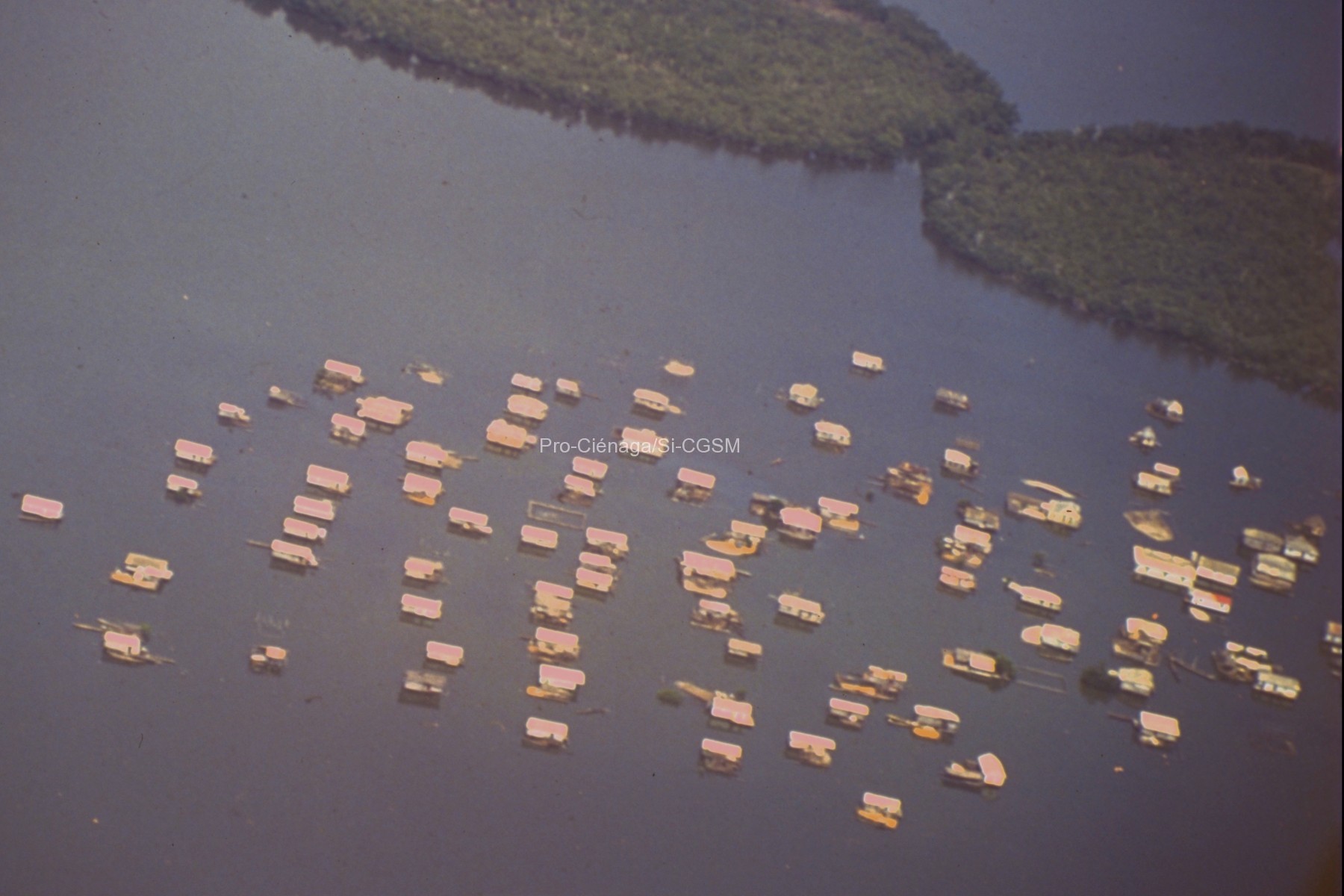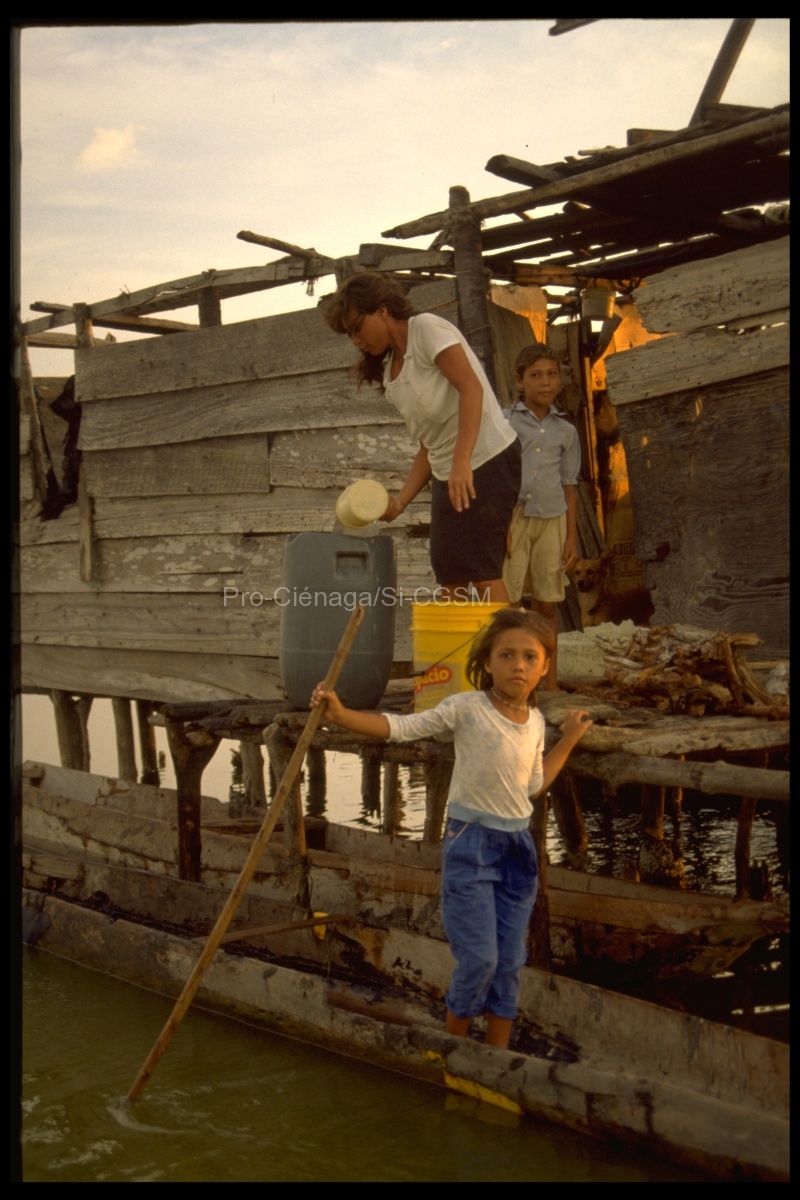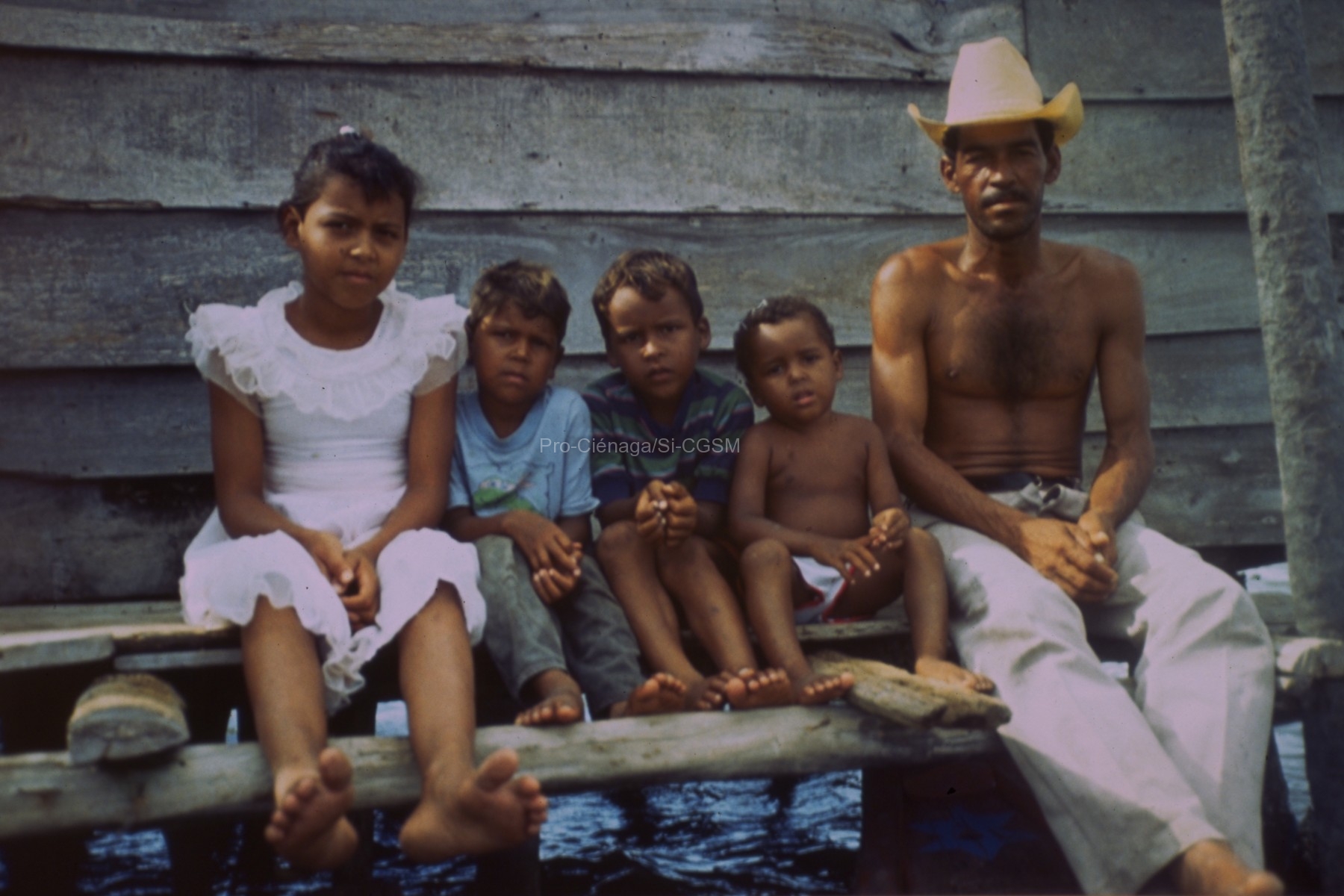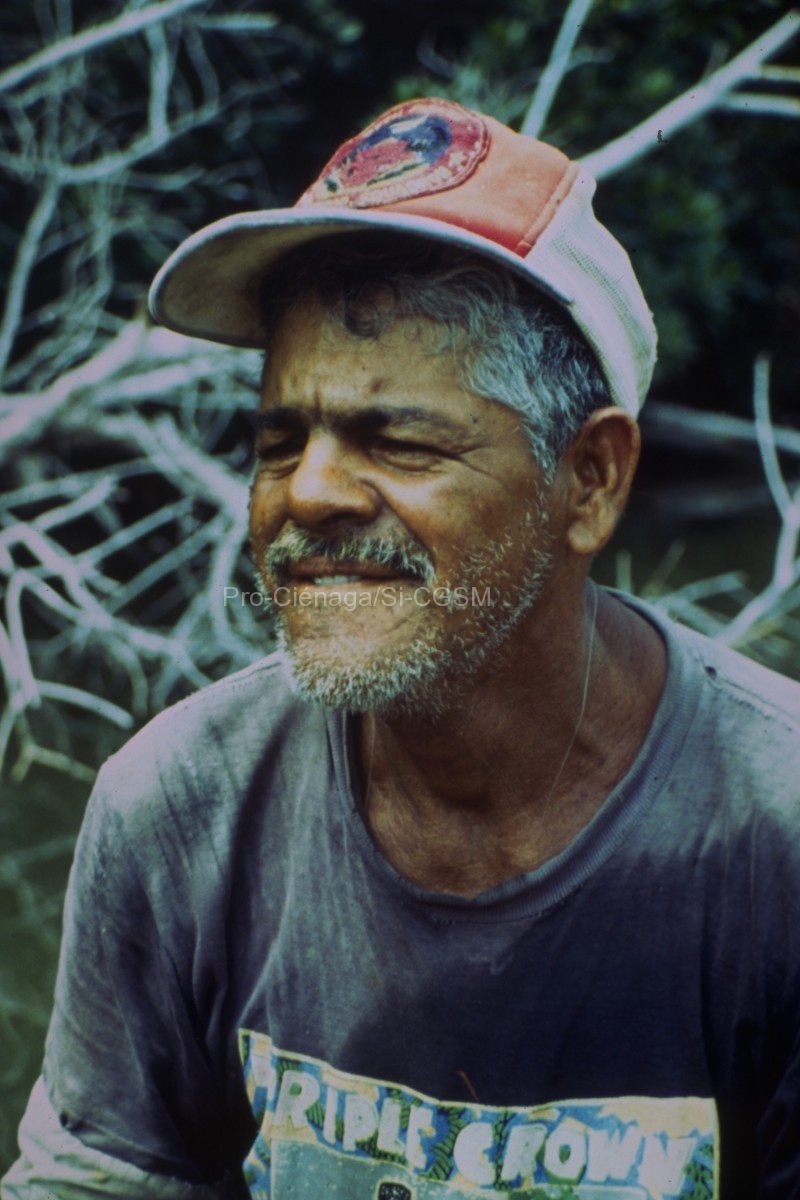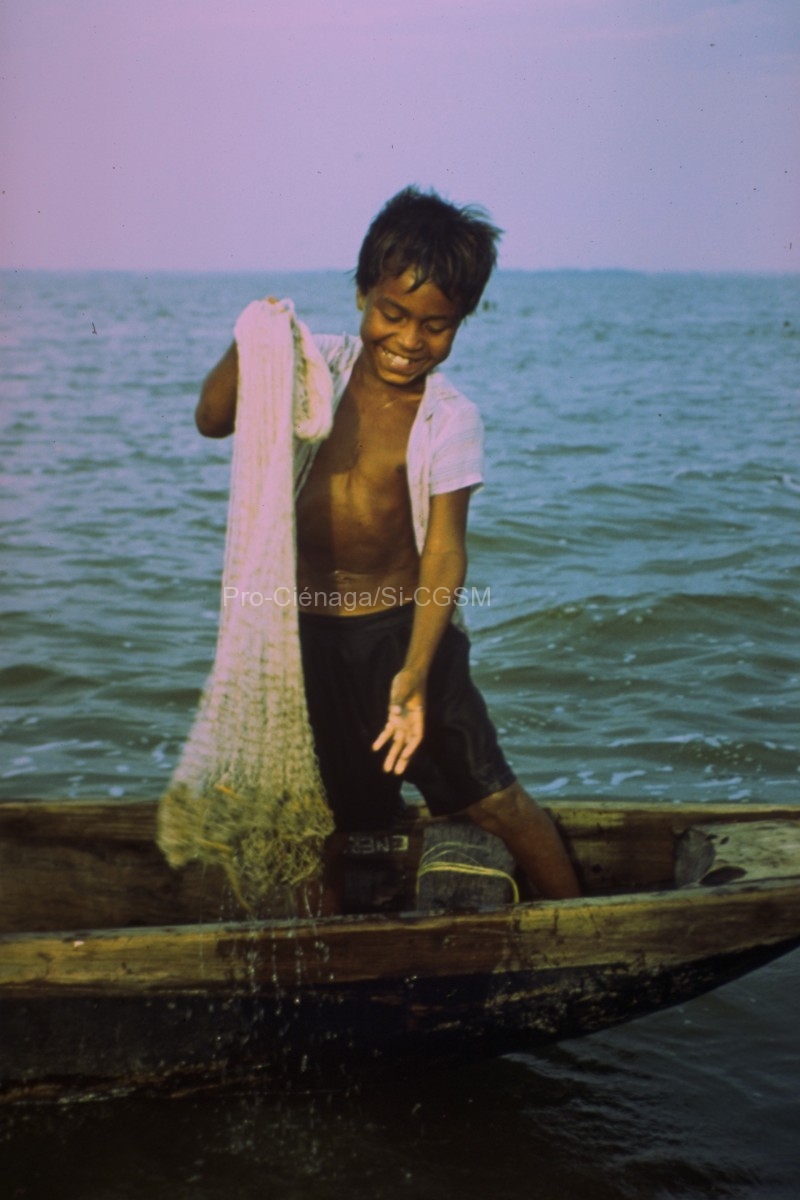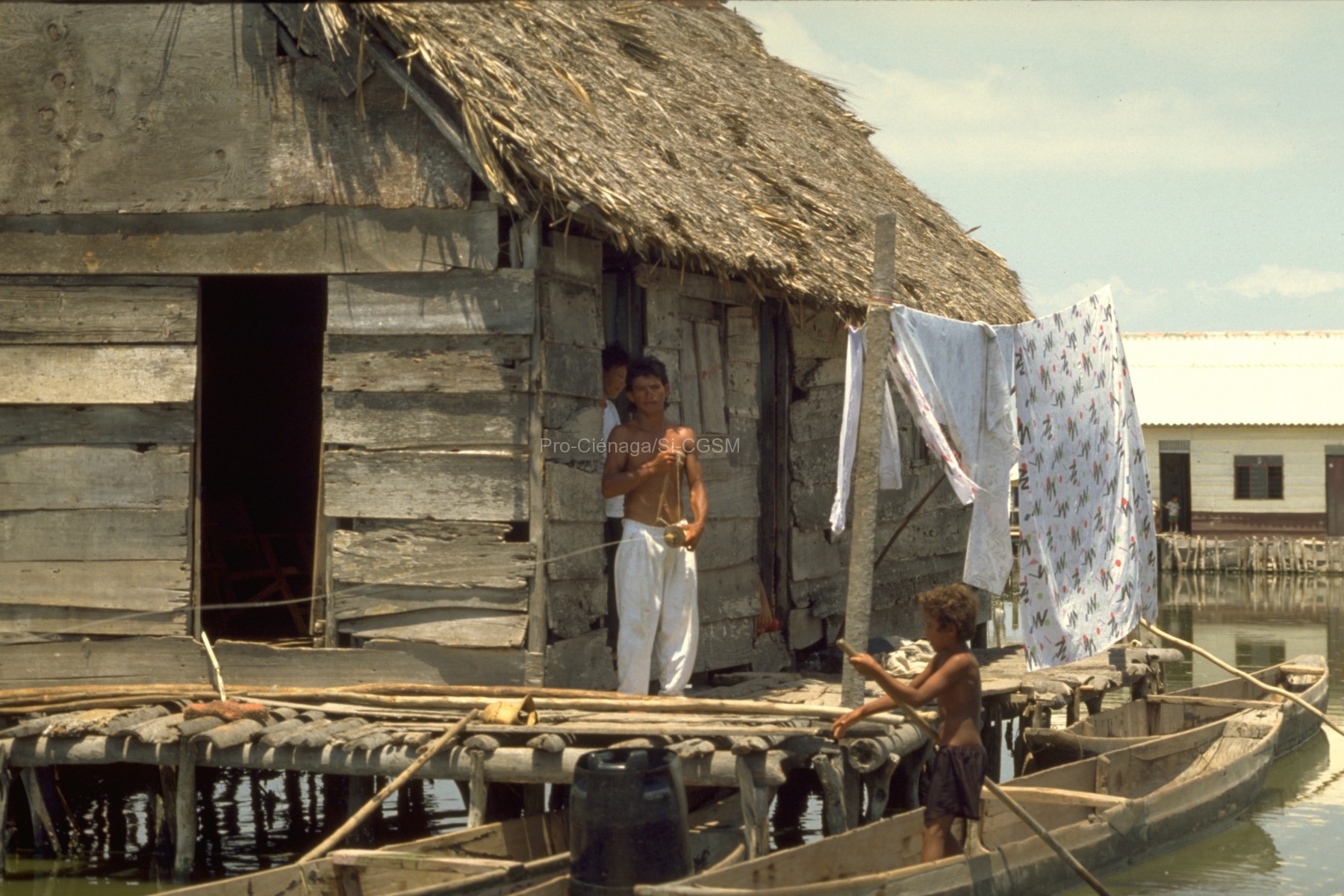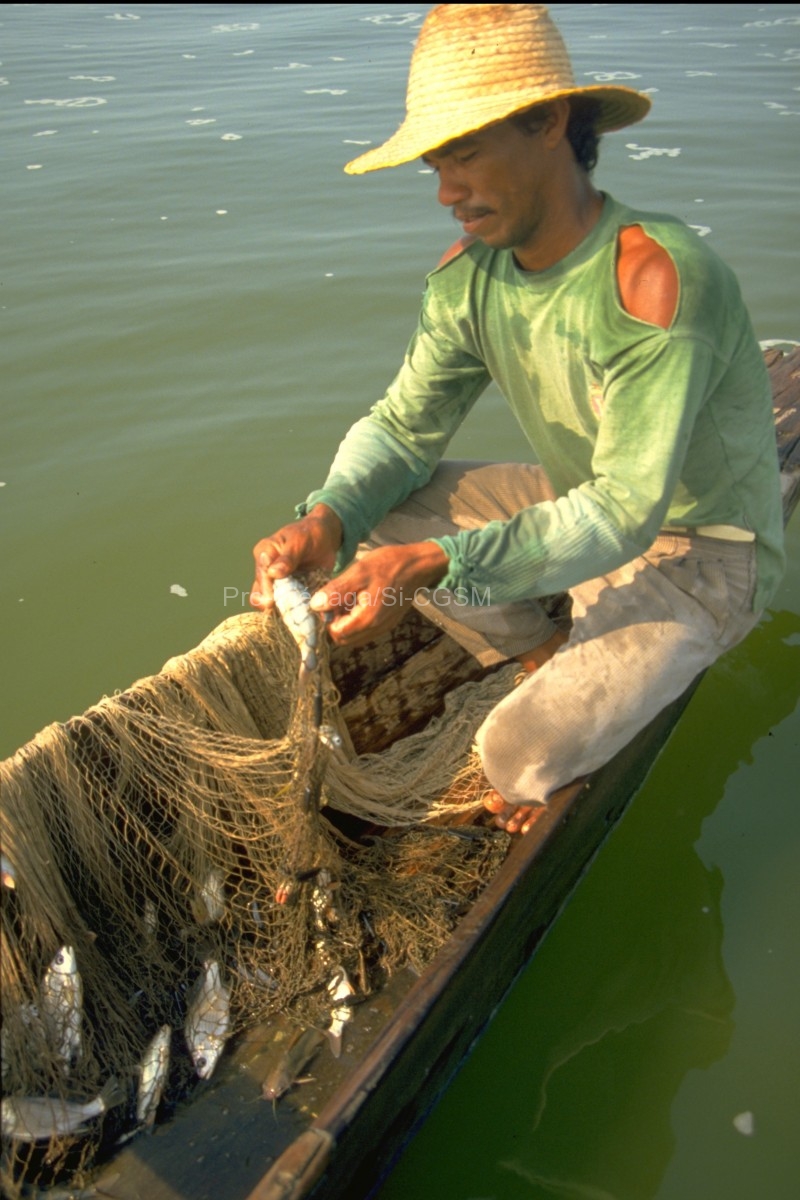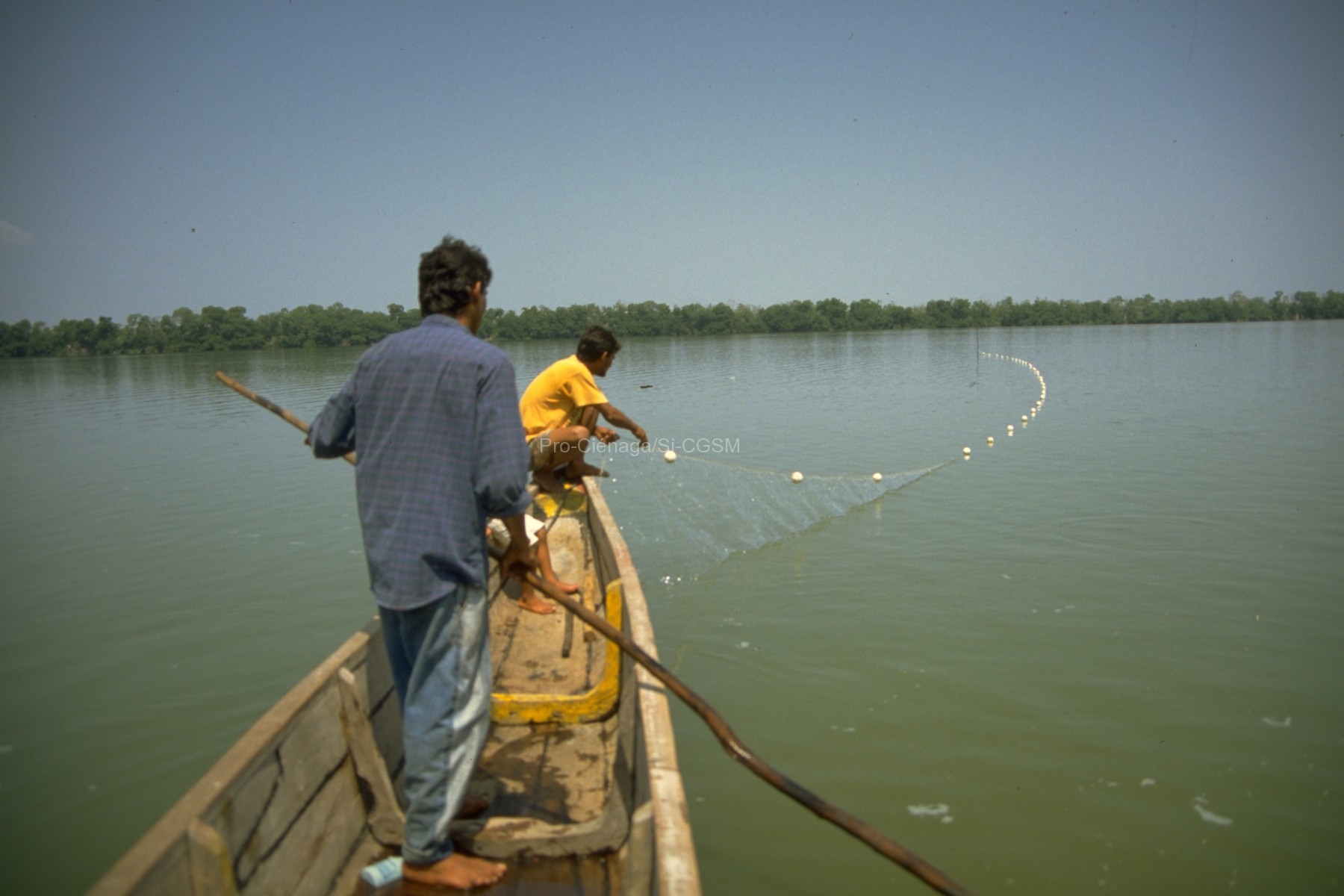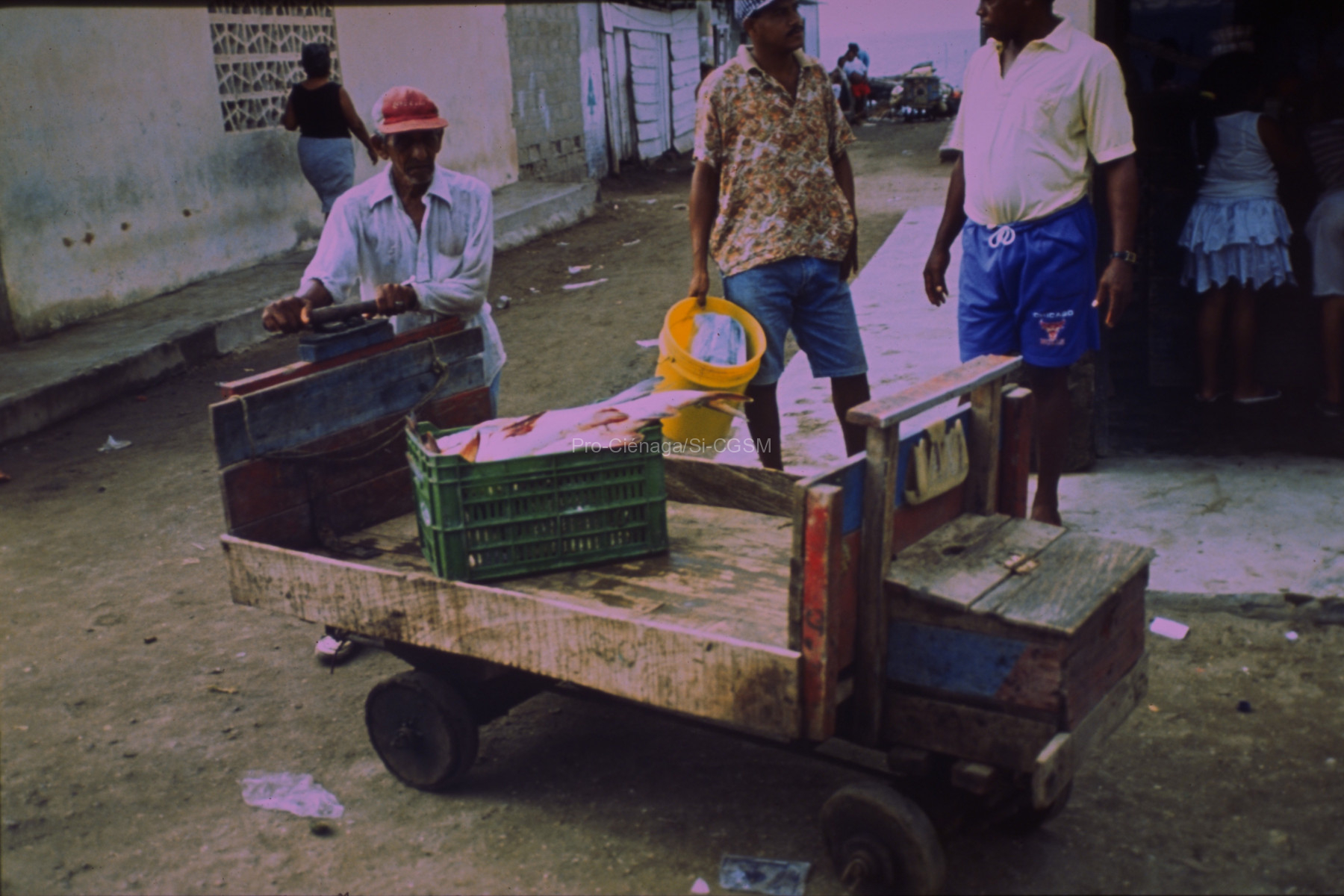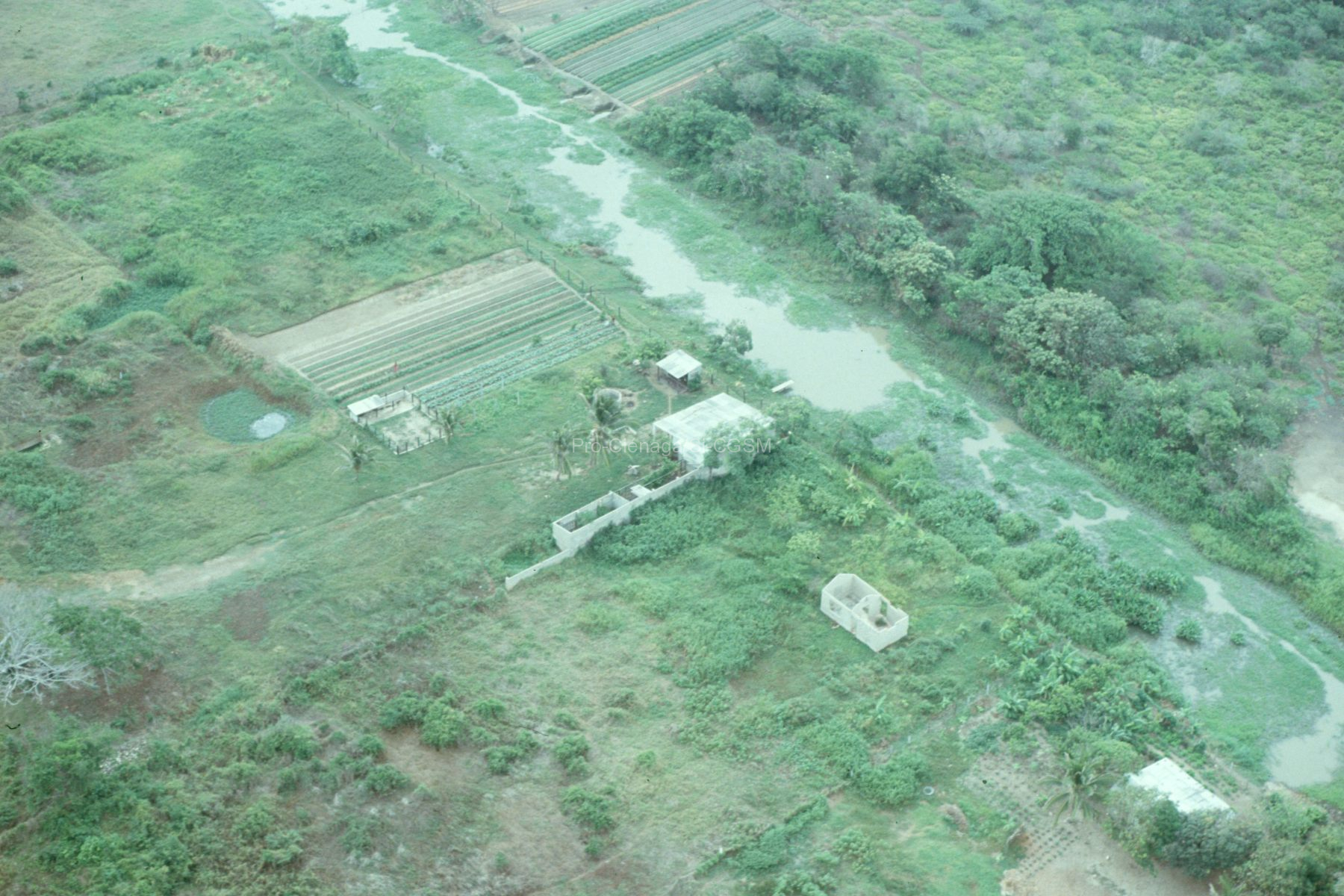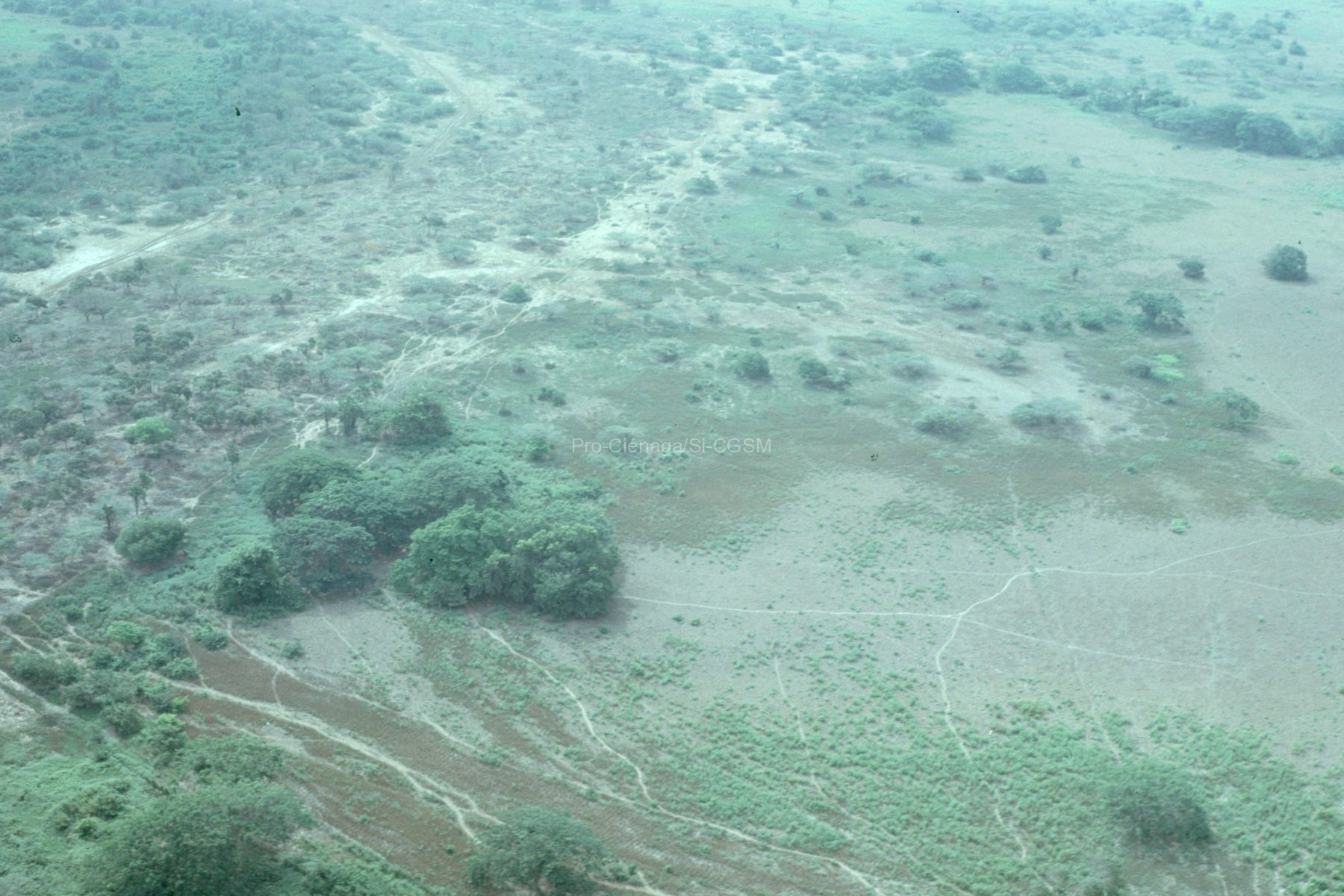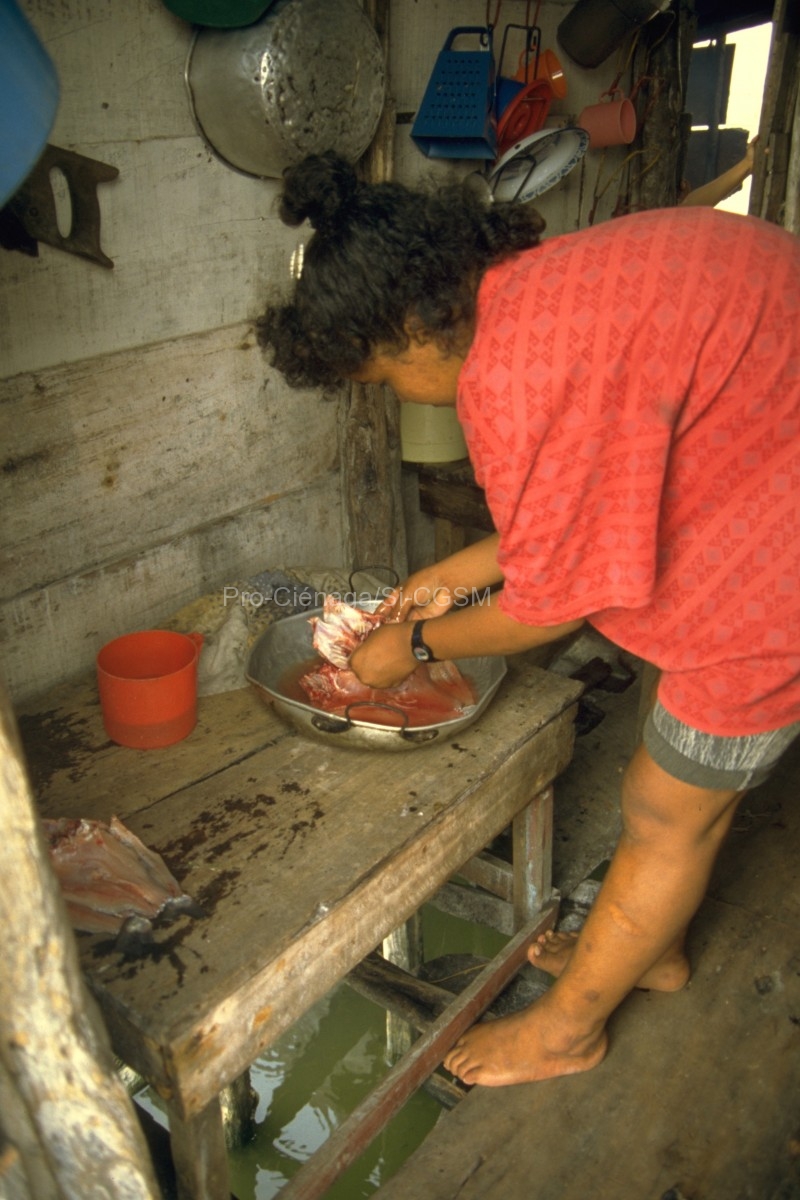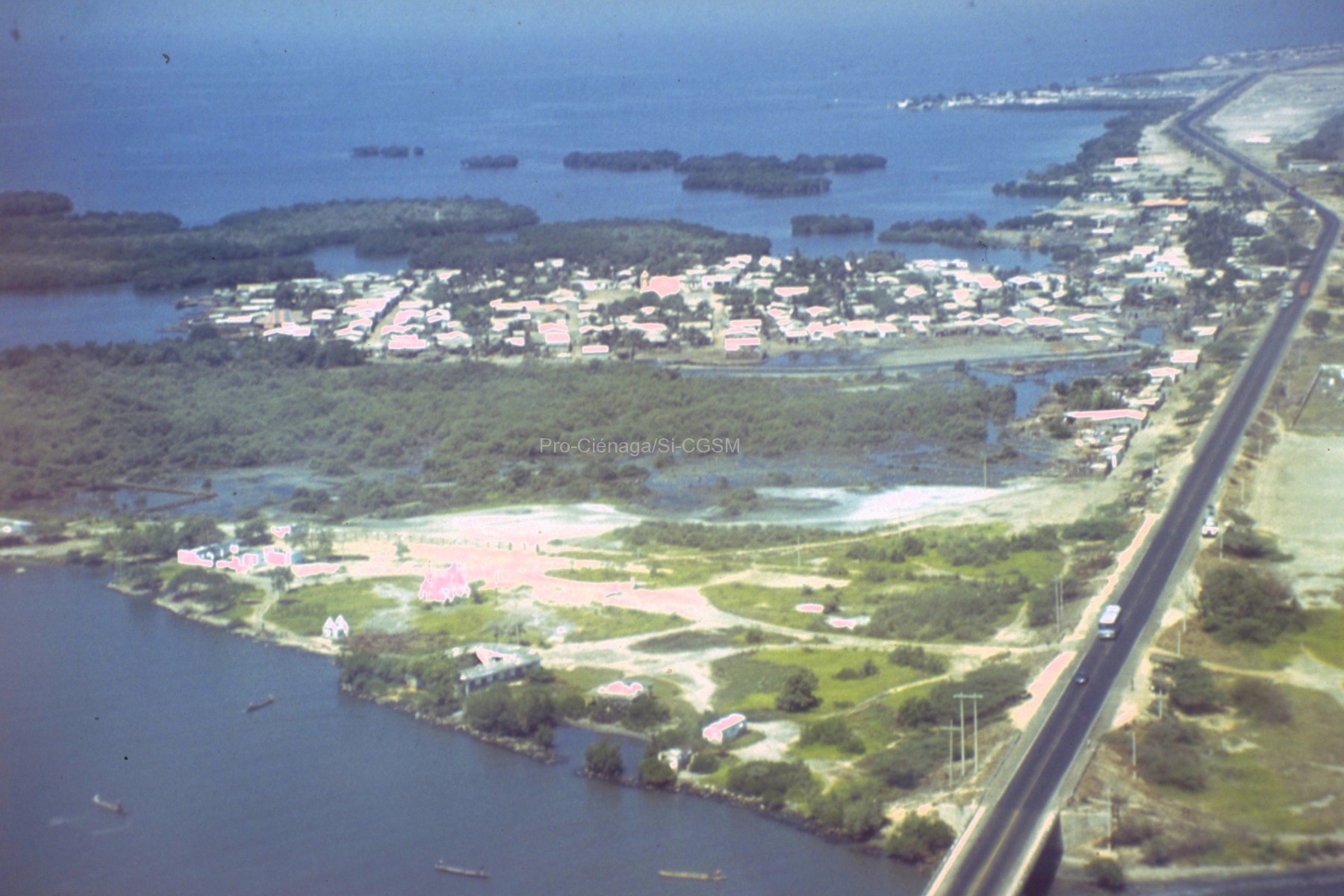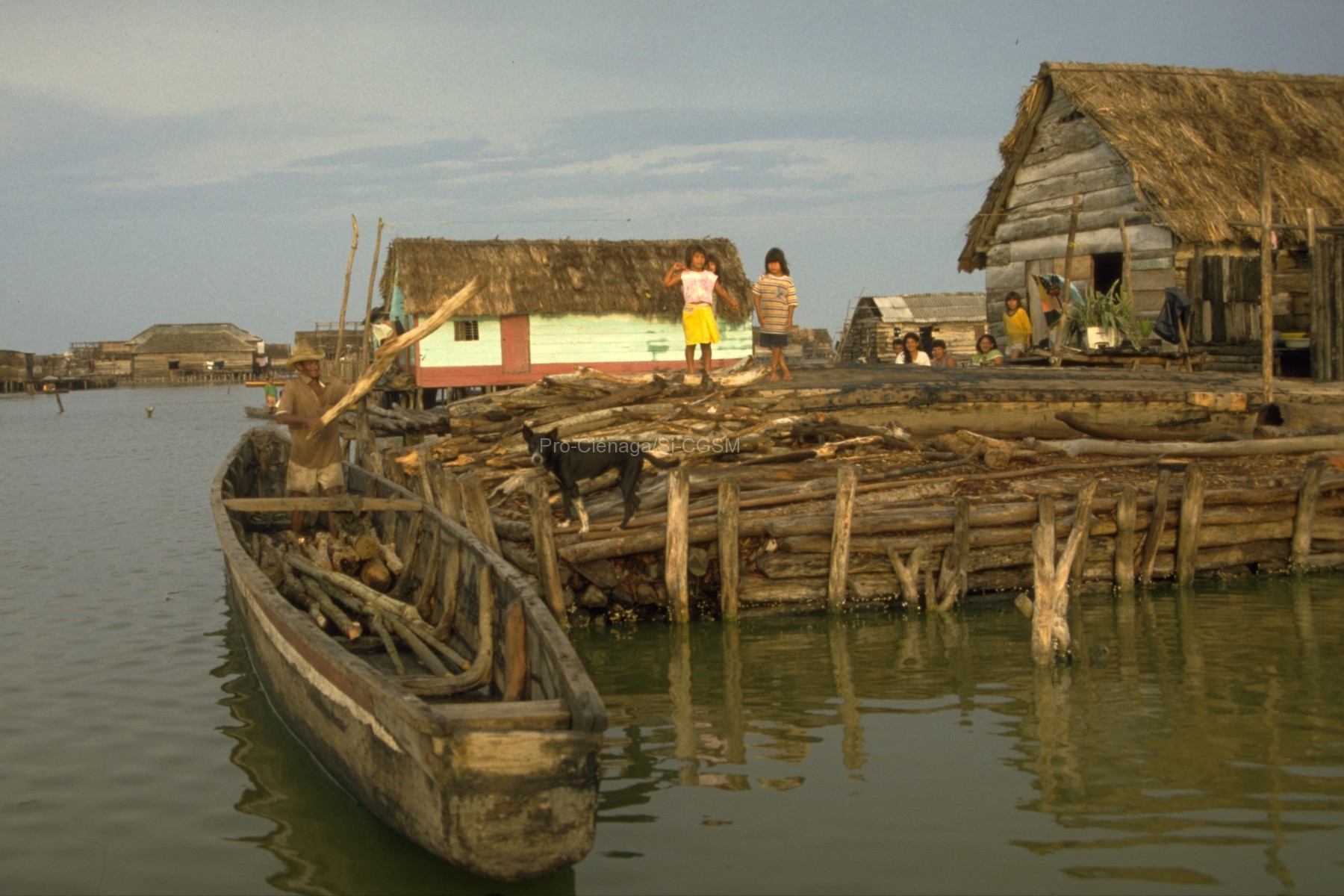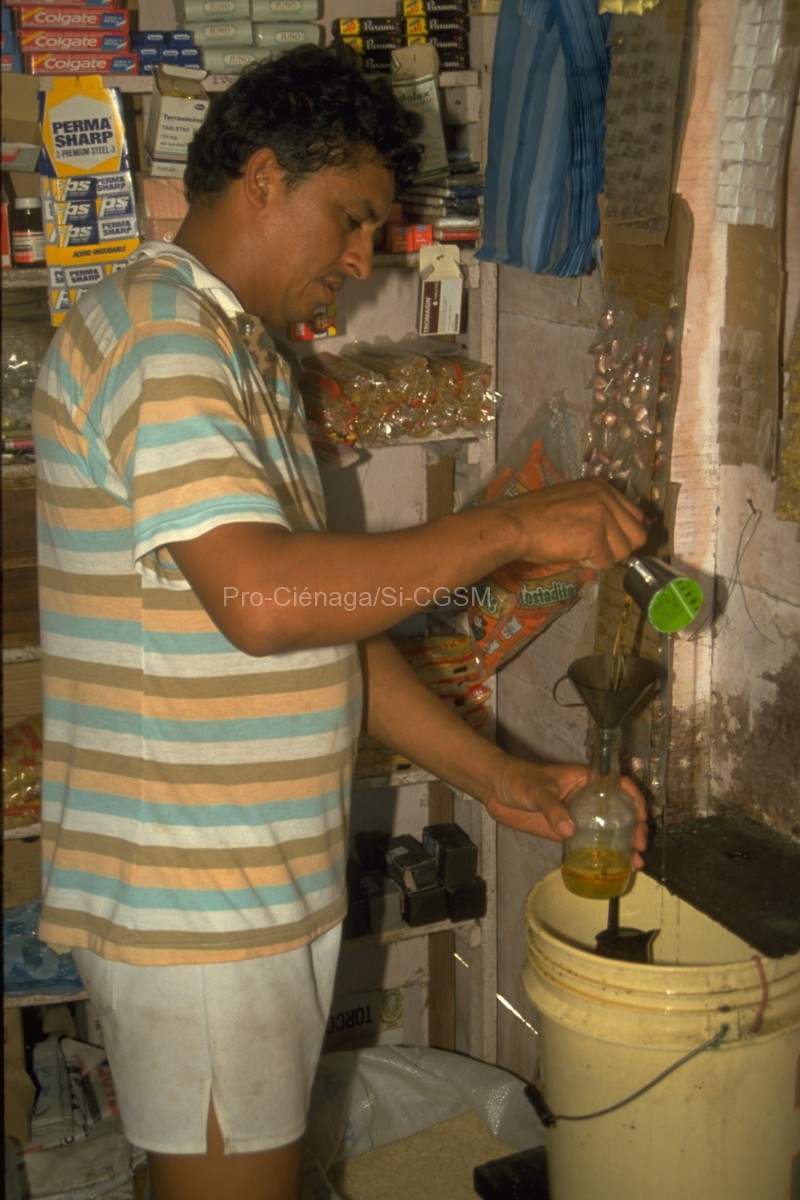https://www.thecommonsjournal.org/articles/10.18352/ijc.623
According to our findings:
the way armed conflict has impacted the social interactions in the region helps to explain the lack of collective action among fishermen. Moreover, it has incentivized an individualistic behavior driven by the lack of trust and the fear of others in the community because of the presence of the illegal armed groups. As shown in this paper, the social, economic, and political conditions of the region have harmed the CGSM population in such a way that they do not have secure human rights.
The Colombian government has regulations on paper that may help the ecological sustainability of CGSM but, in reality, does not exert any type of control or positive role in the fishery.
The Colombian government has the obligation to help these communities first by being present and guaranteeing that human rights are secure to all its inhabitants and second by empowering them through social inclusion and capacity building. Otherwise, CGSM’s fishermen cannot organize to create sustainable use of the fishery resources of the lagoon over time.

